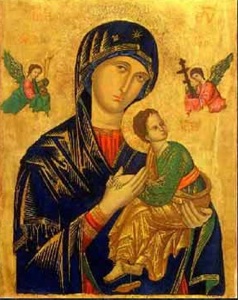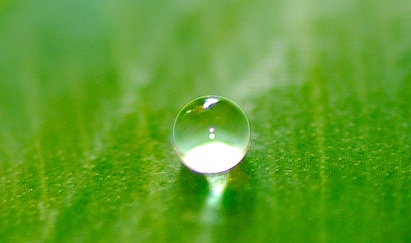 The first two heresies were about who Christ is/was. The next two are about how the divine and the human nature are related. The first concerns Nestorius and gave rise to the Councel of Ephesus at which council Mary was called Theotokos, the God-bearer. Nestorius thus is the next study in B. Quash and M. Ward, Heresies and How to Avoid Them: Why It Matters What Christians Believe
The first two heresies were about who Christ is/was. The next two are about how the divine and the human nature are related. The first concerns Nestorius and gave rise to the Councel of Ephesus at which council Mary was called Theotokos, the God-bearer. Nestorius thus is the next study in B. Quash and M. Ward, Heresies and How to Avoid Them: Why It Matters What Christians Believe , and it is a splendid chap.
Anna Williams (A.N. Williams) is a professor in patristics at Cambridge University and a delightful writer. The issue in this chp is denying that Christ was a single person, at once both God and man.
Are you comfortable saying Mary is “mother of God”? Do you affirm the Theotokos doctrine? Do you say Jesus knew, in his deity, the time and the day and hour, etc., but in his humanity he didn’t? Do you think saying “yes” to this last question is Nestorian or Appollinarian?
Williams brings up two major issues in any discussion of heresy: first, it’s about worship; second, trying to avoid heresy is not the point. Trying to avoid heresy is like walking down the sidewalk trying to avoid cracks while we miss the beautiful sites (that evoke adoration) along the way.
 Is Jesus’ human nature something different than his divine nature? What provoked this was the discussion of Mary: Did she give birth to the God-Man or only to the Man? Was she Theotokos or Anthropotokos? Nestorius said God can’t be born; therefore, she gave birth only to the human Jesus.
Is Jesus’ human nature something different than his divine nature? What provoked this was the discussion of Mary: Did she give birth to the God-Man or only to the Man? Was she Theotokos or Anthropotokos? Nestorius said God can’t be born; therefore, she gave birth only to the human Jesus.
The Council defeated Nestorius because it believed — and our collective faith has always believed — that Jesus’ person had two natures that are neither mixed nor divided (Nestorius). Mary, he was saying, was mother only of half of Jesus; the Church said, No, she was mother of the God-Man; she was Theotokos. The issue here, though, is not about Mary but about the singularity of Christ.
Williams explores the unity of Christ and our union with Christ in redemption, through the incarnation. “The Church’s belief is radical: it’s more shocking and dangerous than anything dreamt up by what we call heretics” (39).

